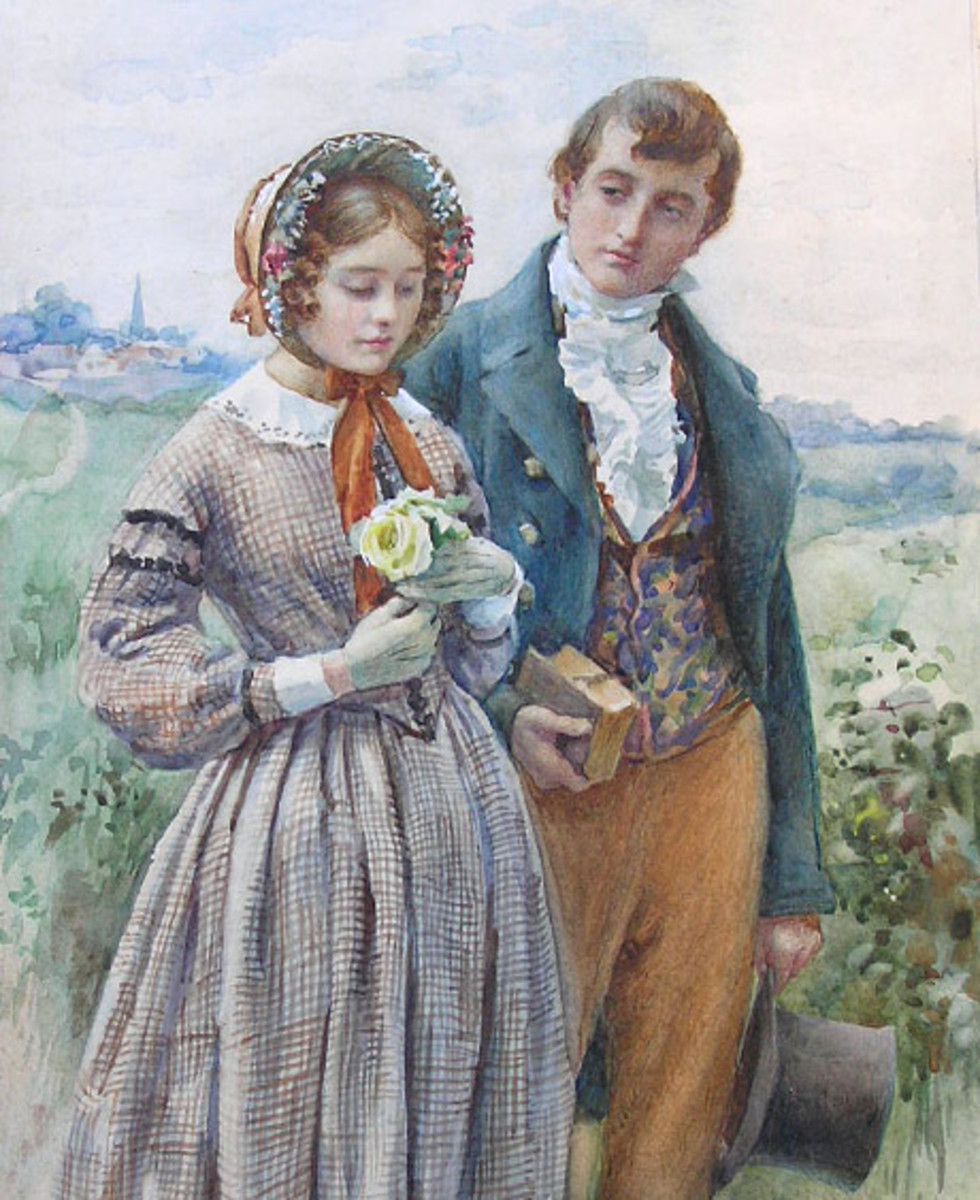The 'Message' in your Writing?

The importance of what we say and how we say it.
I have been writing stories since about the age of 11. When I was a child I wrote adventure and fantasy tales, war stories and the like, for my own pleasure. Just 'boys own' tales inspired mostly by watching T.V. I should think.
I still like adventure and fantasy, and that incorporates a large part of my literary work. But I'm also very conscious of the 'message' which my writing may have. I'm hopeful that the basic premise of my story-telling is a positive one that makes the reader think; I still want my writing to remain thrilling and interesting without the story-line losing its essential meaning. Therefore, I believe in what we might call responsible writing.
What is Responsible Writing?
I believe that responsible writing will aim to help the reader to make up their own mind without necessarily having an 'agenda' per se.
For example, I love writing about metaphysical and spiritual experiences, but the last thing I want to do is try and convince the reader of a particular view point on the nature of reality. That is for the inquiring mind of the reader to work out or conclude for themselves.
However, I don't suppose many authors can keep out all of their beliefs from their writing, especially if they are very strong ones associated with religion or politics for instance. An example of this may be found in the writing of C.S. Lewis of the Narnia Chronicles fame. Now, please don't misunderstand me; I have read all seven of the Narnia books and they truly are fabulous, but elements of the author's religious beliefs creep in here and there, and in many ways most overtly.
As a practising Christian, C.S. Lewis' wonderful character of Aslan the lion, is actually a representation of Jesus Christ. In this context, we might recall that Biblically, one of the spiritual names for Jesus is "the lion of Juda." Aslan transforms in one of the Narnia stories into a lamb. Jesus is also known of course, as "the Lamb of God." C.S. Lewis deliberately based his stories on the figure of Jesus Christ. Other clues to this are that Aslan is 'sacrificed' on an altar of stone, and dies, but is resurrected once more, like the Jesus of Christianity.
Beautiful stories, based on a deeply held spiritual belief. Nothing wrong with that, as far as I am concerned, but it also reveals how the writer can invoke his or her own beliefs and incorporate them into their literature, either for good or for ill, whichever way you look at it. I personally just think that they are wonderful stories to be fully enjoyed, but it is very enlightening when we see the author's hidden meanings in the script.
Another, perhaps less palatable, aspect of C.S. Lewis' writing is also a rather odd and perhaps irritating one for some readers; he knocks vegetarianism in one sentence in one of the books - I think it's in Voyage of the Dawn Treader, and he has his normally vegetarian 'talking animals' like the Beavers, eating sides of ham which are hanging up inside their home. The author will always include their own pet loves and interests it seems.
Will your writing affect consciousness?
I think it's vital to be conscious, when we are writing, of what kind of impression we are attempting to formulate in the minds of others. It's one thing to write say, a fine thriller or mystery story, but should we also write in a manner that may justify murder for instance, without perhaps including the moral dilemmas that might be taking place behind the scenes?
I think that it is important to question what kind of message our writing may be having on the consciousness of others. We can see this in much of the television writing that takes place today, where script writers bend and mis-shape well-known characters into thieves and liars or even killers, when the character concerned started out with a decent set of values. If you've ever followed the well-known hit British T.V. soap Coronation Street, you will be nodding furiously in agreement with me.
We can have a protagonist, we can have a hero, and yes, they can both be equally flawed, as we find in real life, and both may even have fine qualities, because human beings, as Robert Browning stated, are still as yet "half-formed" and imperfect. But that doesn't mean that every person we write about is an unerring mix of faults and failings. There are people in the world who have real values, do the right and noble thing, are unselfish, principled and moral, and neither do they attend church or Sunday School to gain these qualities.
Wouldn't it be great if our writing made someone somewhere want to emulate a character in one of our stories? Wouldn't it be fantastic if a story we wrote encouraged someone somewhere to actually become a better person? That is my hope, that is my dream.
A story does not have to be morally bankrupt to be a thumping good read; just look at Dickens' works for example, where we have good, strong and decent characters facing off against some of the vilest people that ever walked the imaginary corridors of literature.
Principles and values do not equal boring. But to paint a bleak picture of human life without any values or integrity is the sure road to ruin both for literary fiction and for human consciousness.
Scrooge and Marley's Ghost from Dickens' "A Christmas Carol"

Rate this article
© 2016 S P Austen








